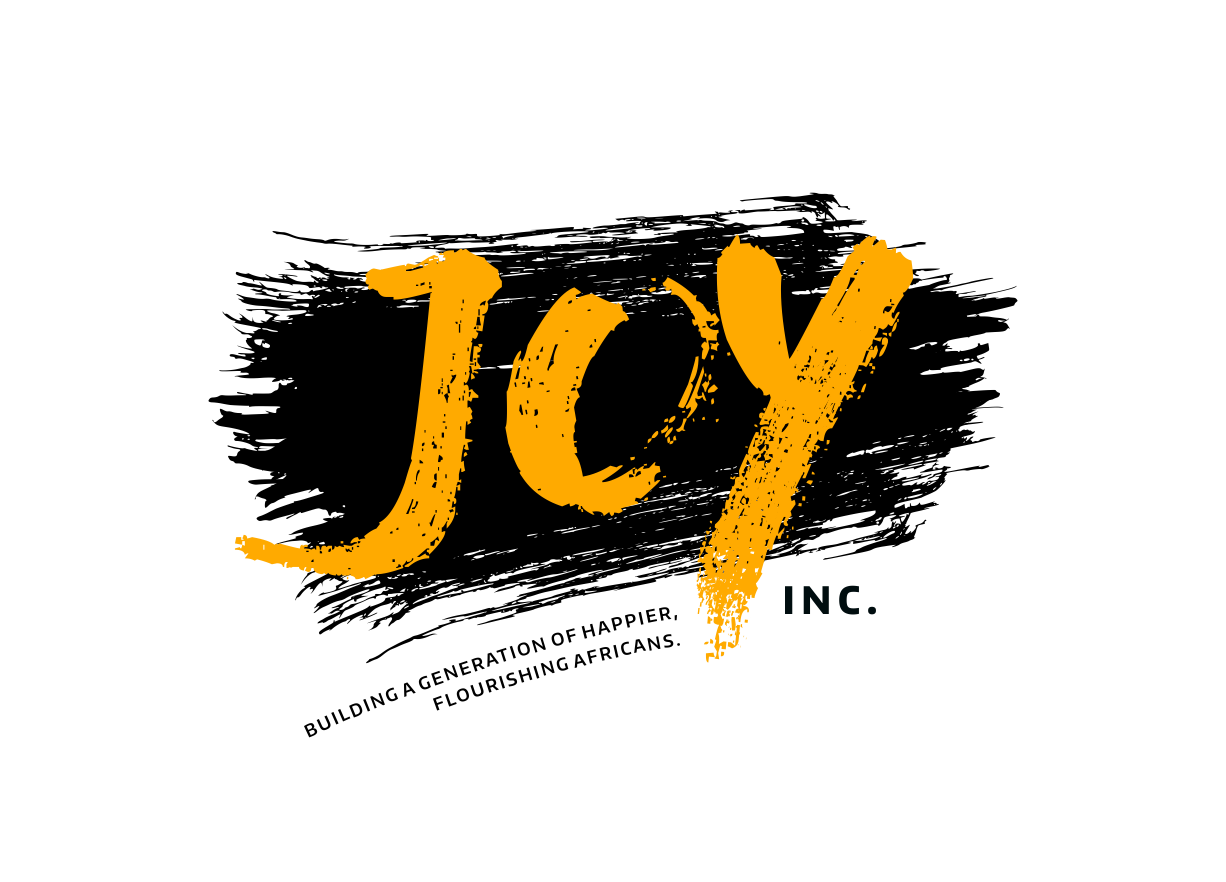
Who we are
Joy, Inc. is Africa’s media hub enabling the storytelling ecosystem and the creator economy through training, production, incubation and acceleration – with a focus on social impact.
Evolving from our flagship work building Africa’s most-watched talk show #WithChude which drives narratives and storytelling that strengthen mental health and emotional well-being, we are building a network of storytellers and systems that can speak deeply to Africans in Africa and across the world – and global bridges that enable this ecosystem, working with funders, investors and institutions to develop incubators, cohorts and pipelines that deliver on our mission.
We are based out of Lagos, Nigeria; London, UK and Florida, USA.
Our work rests on five transformative assignments that shape how individuals, creators, organisations, and societies can flourish:
- Equip individuals to live joyful, flourishing lives: We translate the science of wellbeing and positive psychology into tools, stories, and practices that help people heal, grow, and build meaningful lives.
- Build joyful, high-impact organisations: We help institutions create emotionally intelligent, human-centered workplaces where people thrive and productivity grows through wellbeing, purpose, and trust.
- Transform the creator ecosystem through training, incubation & acceleration: We train emerging creators, incubate groundbreaking ideas, and accelerate bold storytelling venture, building a new generation of African voices shaping culture, media, and the future of work.
- Strengthen social movements rooted in hope, compassion & non-violence: We support advocates, changemakers, and community builders with research and tools that elevate hope over cynicism, and model the enduring power of justice, empathy, and peaceful transformation.
- Inspire nations to build flourishing, emotionally healthy societies: We help leaders and policymakers embrace human-centered development, fostering communities built on vulnerability, compassion, creativity, and collective wellbeing.

Our priorities, over next 21 years.
Build and deploy research-driven cultural products — books, online learning, events, film, and television — that popularize and mainstream the evidence from positive psychology, making it accessible across the continent.
Train over 100,000 young creatives in content development and storytelling, equipping a new generation to shape culture, strengthen the creator economy, and lead Africa’s creative future.
Tell African stories to Africans first, restoring pride in identity and helping people reclaim and celebrate their ‘Africanness’ before presenting it to the world.
Support organisations in building joyful, human-centered environments by facilitating training programmes that integrate wellbeing, emotional intelligence, and positive organisational practices.
Train and mentor leaders across the creator ecosystem — helping them build authentic stories, powerful brands, and meaningful connections with their audiences.

